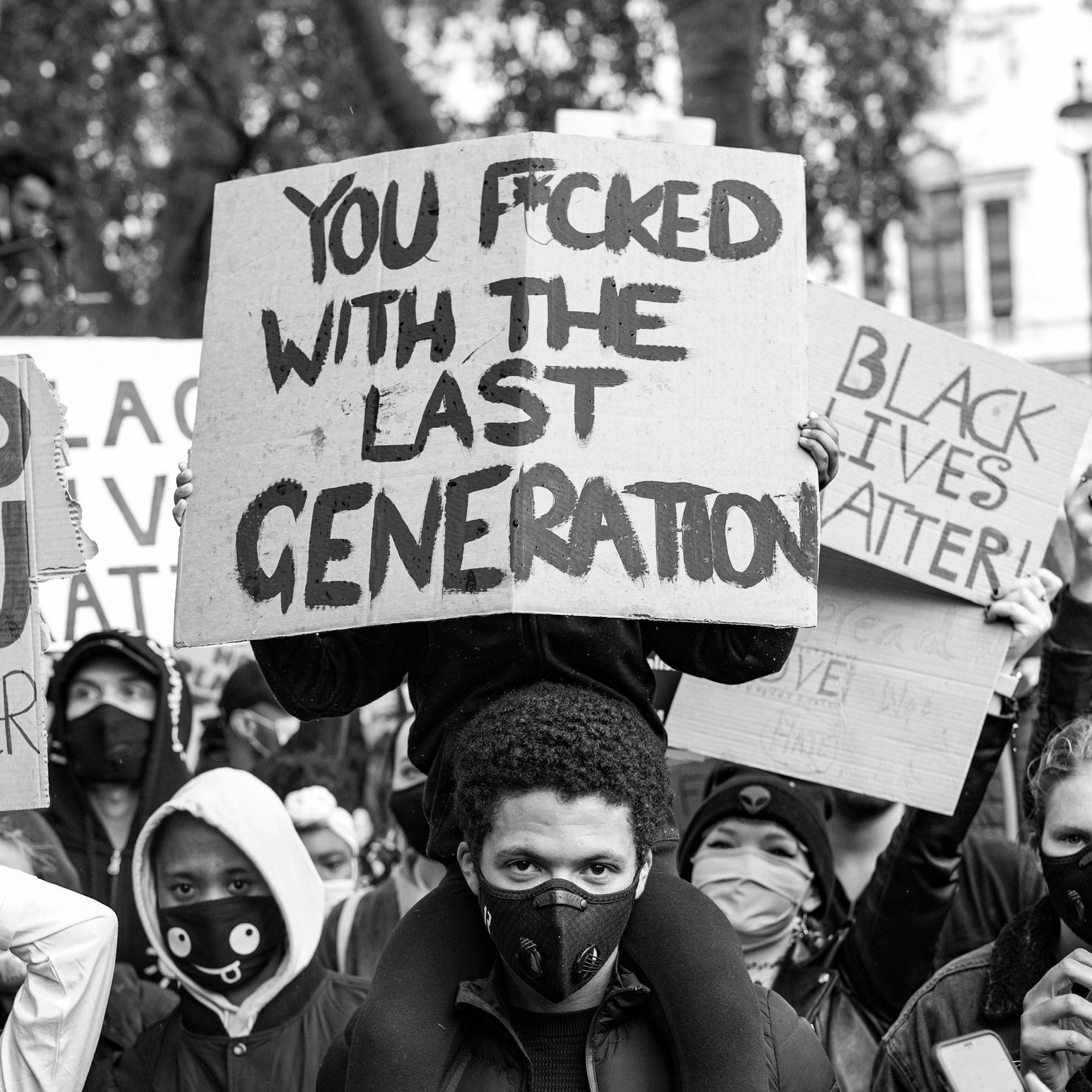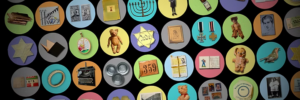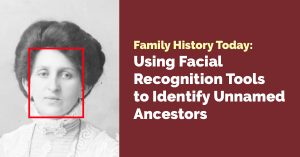Unable to shield her children from the global conversation on anti-Black racism, Christabel Nsiah-Buadi is leaning in to celebrating her kids’ #BlackBoyJoy and #BlackGirlMagic. But, she writes, real change takes time.
A few weeks ago, my daughter handed me one of her final pieces of first-grade homework. It was a memory book. On the front page, she had coloured all of the kids with brown skin. Inside, she drew a picture of herself hugging her teacher, who is Asian American. She coloured both of them with pink skin.
I found that strange, because it was the first time my kid had done that in her nearly eight years. As a child with a white father and a black mother, she is used to seeing people of different skin colours in her life. Indeed, my husband and I have made a conscious effort to make sure she could see the power in being a brown-skinned girl, because we knew that by being a Black kid living in the US or the UK, it was only a matter of time before she’d be told – by someone in her life, or something she heard, saw or watched – that she was less valued than her white friends.
RELATED CONTENT
“With Our Anger Comes Immense Hope”: Kelechi Okafor On Creating A Better Future For Black Children
My husband and I celebrated her #BlackGirlMagic. We agreed to give her and her brother Ghanaian first names, and “Western” middle names, we talked about the meaning and significance of their names and we marked cultural dates. They have a library filled with books that feature kids that look just like them doing regular kid things. We live in a historically African-American Los Angeles neighbourhood, which is becoming increasingly diverse, so we know they’ll see the full spectrum of black life, and see where they fit in it. Most importantly, my husband and I show our kids how to value and love Black people through what we say and do.
Yet our actions were seen as radical to a surprising number of people. While my own family didn’t think our decision to give our kids Ghanaian names was out of the ordinary, there were some – usually white people – who did. One person told me that they preferred my son’s middle name over his first name. Someone else – who was African-American – joked that I was getting “extra Black.” I got the sense that these people thought I was trying to force my cultural agenda onto my children and my husband, when in reality he and I agreed on the issue.
RELATED CONTENT
All of this stung, but I realised at the time that my critics were uncomfortable with these expressions of my Blackness. They didn’t have a problem with my skin colour per se, but my centring and celebration of West African heritage, something that is often portrayed as backward, poor and inferior, made them feel uncomfortable.
My husband and I pressed on anyway, because we knew the stakes were too high. I don’t regret it, either, because my daughter and her younger brother are confident, rambunctious, curious kids who love horrible kids’ songs and are comfortable in their own skin. They can also talk eloquently about the bias that exists in the world, some of which they’ve experienced first-hand.
RELATED CONTENT
This foundation, however, was rocked right after George Floyd was murdered. Despite my attempts to shield the kids from the footage of Mr Floyd’s last moments, there was no getting away from the global conversation on anti-Black racism, and it became harder for me to walk that fine line between keeping my kids aware of the world around us while giving them the space to just be kids.
All of a sudden, businesses were declaring that “Black Lives Matter” with posters in the window. On the days I drove around Los Angeles with my kids to break out of our quarantine routine, I’d try to listen to the radio for a few minutes, but the midday arts and culture shows had been replaced with wall to wall conversations about the George Floyd protests. We’d hear Black guests share their frustrations and fears while white pundits asked, “How can we help you?” My kids, who are usually patient with my news addiction, started to insist that I turn the radio off, because the news was just too stark.
RELATED CONTENT
I can certainly understand why it felt like too much – especially for my daughter. Her school social studies lessons – which were being conducted over Zoom, because of the quarantine – had gone from discussing how to speak up against bullying to (ironically) talking about equity and racism in America in the space of a week. She watched an educational cartoon about a mixed-race boy who had experienced racism, and was directed to watch online history lessons about African-American historical heroes, all of whom had overcome adversity. I can’t tell you how many times I heard the phrase, “treated unfairly because of the colour of their skin” during her calls.
I started to worry that nothing we had done could help my kids through this. Those fears were confirmed when I overheard her sigh wearily during a lesson about racial equity. I’d hear them talking about Martin Luther King and when he was killed, not how he had inspired a movement. They were learning the opposite of what we had taught them. Between school and the media, my kids were getting the message loud and clear: being Black was a burden.
RELATED CONTENT
Let’s look at it this way. If you knew your kid was being singled out unfairly, would you ignore it, or look for ways to reinforce all the wonderful things about them? That’s where we are, but we’re dealing with this on a systemic, global scale.
Not knowing what else to do, I leaned further into celebrating my kids’ #BlackBoyJoy and #BlackGirlMagic. I revisited some books, such as Vashti Harrison’s Little Leaders and Little Legends, which contain positive role models. My husband and I let the kids know we were ready to answer all of their questions. There were also days when they’d take the lead – when my daughter said she wanted to learn more about her Ghanaian heritage, I obliged. And, we let them hang out and just be.
But still, it wasn’t enough. That’s why I absolutely know why my daughter decided to colour herself pink that day. She was trying on a new skin, just for size; re-imagining herself in a colour she felt was powerful, fun and unburdened. One that would protect her from being treated unfairly.
This is why I believe it’s critical that we all celebrate Black children consciously, especially in this moment. Yes, I agree that all kids should be shown love, equally. The reality is, however, children of colour are deemed invisible almost from birth. There are still shockingly few children’s books whose main characters aren’t white; only 14 per cent in the US, according to the Cooperative Children’s Book Center at the University of Wisconsin-Madison, and only 7 per cent in the UK, according to the Centre for Literacy in Primary Education. Of the books that do feature children of colour, the stories are usually about a child that has overcome serious adversity, or is telling us why they love themselves. It’s not good enough.
RELATED CONTENT
TV Presenter AJ Odudu Kept Her Memories Of Racism Buried – Until Now
It’s not the sole responsibility of the media to celebrate Black and brown children, though. Society needs to do things differently. Everyone – not just the parents of Black children – need to normalise our differences. I’m not talking about using buzzwords like “inclusive” or “tolerant”. People of colour aren’t an inconvenience to be put up with. I’m talking about demonstrating your intentions through your actions – and by recognising and celebrating the things that make all of us different. Meet Black and brown children where they are and embrace everything about them, even if it feels odd. That means when a kid corrects you for mis-pronouncing their name, show some grace, even some humour – and please, don’t tell them how interesting they are. All you’re doing is “othering” them.
Creating real change takes time. That real change might mean you’ll have to ask yourself some scary questions. You might discover that some of your past actions have been more harmful than you thought. I can’t be the person to tell you what to do or how to navigate this journey.
I do know that by committing to doing things differently, you’ll be showing us you want to make a real difference. The kids will see it too, because, as my daughter reminded me a few days ago, they’re always paying attention. As we were watching TV, she asked me out of the blue what the Governor of California looked like. Before I could answer, she said, with a hint of impatience, “Let me guess… it’s a ‘he’, and he’s white, because most of the leaders are white men.” She was right. Gavin Newsom is indeed a white man. Somewhat surprised, I asked her why she thought this. Do you know what she told me? “Because they [the powers that be] don’t respect brown-skinned people.”
RELATED CONTENT
As Lockdown Lifts, What Is It Safe For My Son To Do?
Carefully navigating this new conversation, I gently asked her how she felt about it, and she said with a shrug, “Well, it’s not good, but I’m OK. You know what I mean mummy. I know you do.”
There is no way to know exactly where she learned that her skin made her inferior in the eyes of others, but if there’s any real work to be done, it’s in the unlearning that any one race is superior.
Then she asked me to make paper butterflies with her.
Christabel Nsiah-Buadi is a US-based writer and broadcaster. She is also the creator of “The Cipher” newsletter, which amplifies the Black British experience.




